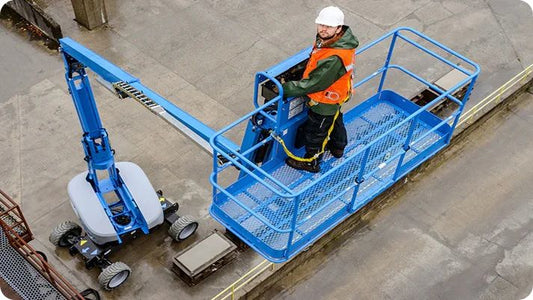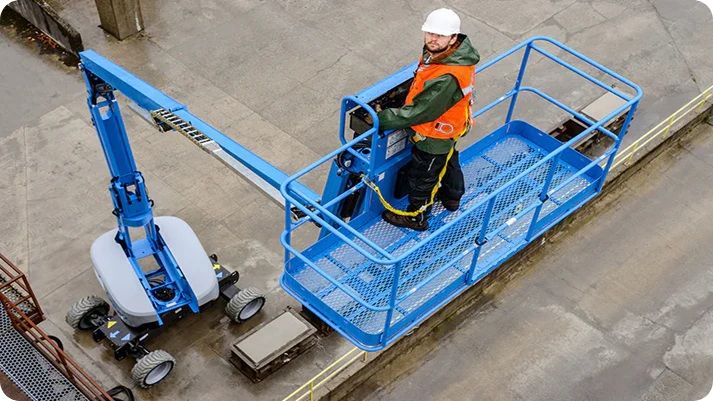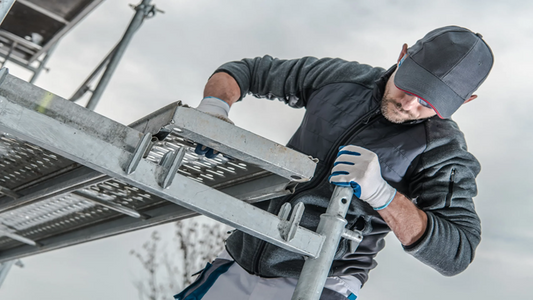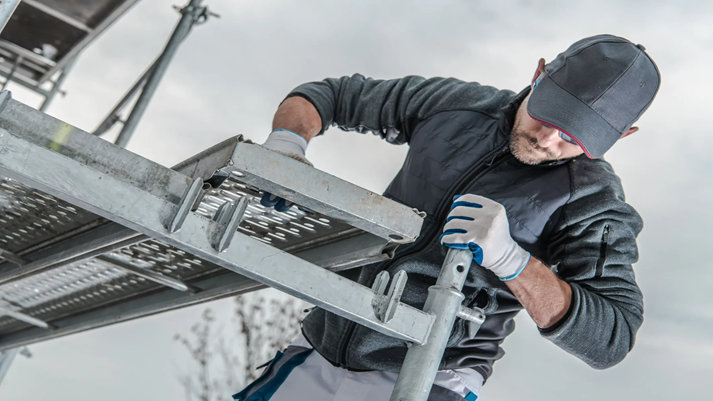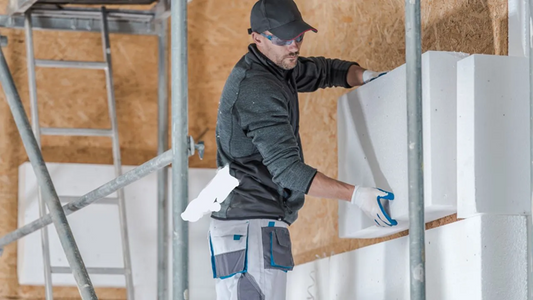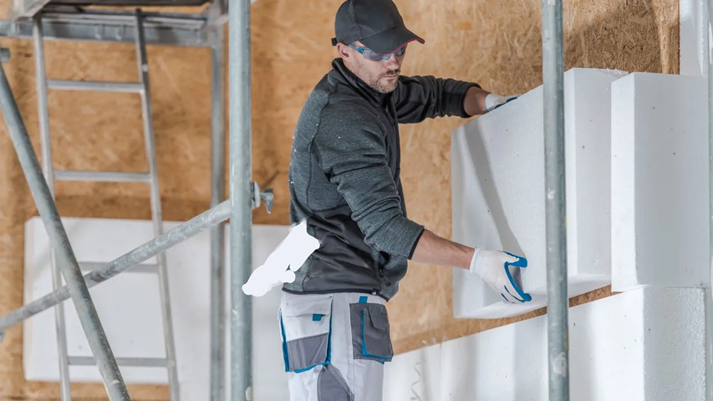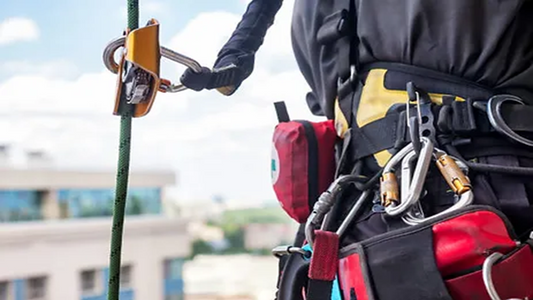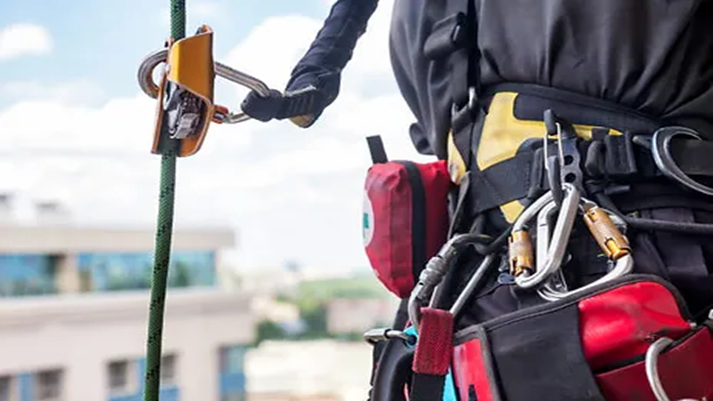Hot work is a category that encompasses a range of activities that involve the use of hot equipment that can pose a fire hazard. It can range from welding, cutting, grinding, soldering to the use of heat tools such as heat guns or flame guns. Such tasks are necessary in many industries, but they also carry a significant risk of fire. Therefore, it is important to understand when and why you need to have hot work training in order to work safely.
In this post, we will go into detail about what a hot worker course is, why it is important, and the situations in which you may be required to complete this course. We will also look at how the course helps to keep both you and your colleagues safe in the workplace.
What is hot work ?
Hot work refers to any work operation that uses heating equipment or generates heat that could lead to a fire hazard. Examples of such work operations are:
- Welding – Use of welding equipment that can generate sparks and intense heat.
- Abrasive work operations – For example, grinding or cutting with an angle grinder, which can generate sparks.
- Soldering and Defrosting – The use of heating systems to melt or defrost materials.
- Use of heat tools – Such as flame guns or heat guns which can start fires if not used safely.
All of these activities are necessary in many types of construction work, as well as in industry, but they also involve a risk of fire, and this is where a hot work course comes into play.
What is hot work course ?
Hot work course is a specialized training program designed to provide people who perform such work with the knowledge and skills they need to do their work safely. The course covers, among other things:
- Safe use of equipment – How to use heating equipment safely.
- Risk assessment – How to identify potential fire hazards and how to reduce the risk.
- Fire Prevention – How to prevent fires by using proper methods and procedures.
- Firefighting – How to respond if a fire occurs, including the use of firefighting equipment.
The course ends with a test, and those who pass receive a certificate proving that they have undergone the necessary training and understanding to be able to perform hot work safely.
When is a hot work course required?
In many cases, it is a statutory requirement that people who perform hot work must have completed a hot work course . This requirement applies to both employees and self-employed people who perform work on construction sites, industrial companies, workshops and many other types of workplaces where hot equipment is used.
Here are some typical scenarios where hot work training is necessary:
1. Work on construction sites and in facilities
The construction industry is one of the most exposed to fire hazards due to the many work operations that involve heat. For example, welding, cutting and grinding may be necessary operations on construction sites, but they also carry a significant fire risk. Therefore, it is required that everyone who performs such work has documented completion of a hot work course .
2. Industrial enterprises
In industrial environments, especially in the mechanical, chemical or other manufacturing industries, equipment is often used that can lead to high temperatures or heat generation. This may include working with metals, plastics or chemicals that melt at high temperatures. In such cases, it is required to have a hot work certification, as there is a high risk of fire if safety is not maintained.
3. When using hot tools in the workplace
Many workplaces also use heat tools such as flame guns, heat guns and other types of machines that can create a fire hazard. Regardless of how often the tools are used, it is important that employees have the necessary training to use them safely.
4. Working with flammable materials
Another situation where hot work training is particularly important is when working with flammable materials such as gas, oil or thin film materials that can easily ignite. In such cases, small sparks or heat from a tool can be enough to ignite the materials, and it is therefore a requirement that people working with such materials have completed a hot work training course.
5. Carpentry and joinery work
Carpentry and joinery work may also involve the use of flame guns, cutting torches or other heating equipment to process materials. When working with flammable materials such as wood, sparks and heat from these tools can cause serious fires. Therefore, training is required to ensure that work operations are carried out in a safe manner.
6. Industries that require documentation of training
In several industries, such as construction or manufacturing, authorities or insurance companies may require documentation that employees have completed a hot work course. This may be part of the internal control systems, and is important to avoid potential fines or compensation claims in the event of a fire.
How does a hot work course improve safety?
Conducting a hot work course is not only about meeting a legal requirement, but also about ensuring that workers are as well prepared as possible to deal with the potential hazards that come with work operations. Here are some ways the course contributes to better safety:
1. Risk assessment and prevention
The course teaches participants how to assess the risks associated with hot work. This includes understanding the factors that can lead to a fire, how to minimize these risks, and what steps need to be taken before work can begin. Participants learn how to use the correct protective equipment and how to secure the work area before starting hot work.
2. Firefighting and first aid
Another important aspect of the course is that participants learn how to respond in the event of a fire. This can involve everything from using fire extinguishers to administering first aid to people who may have been injured in a fire. The course gives participants the confidence they need to handle a fire situation.
3. Follow-up and maintenance
The hot work course also teaches participants how to perform regular inspections and maintenance of the equipment they use. Ensuring that all equipment is functioning properly is a critical part of maintaining safety in the workplace.
When is a hot work course required?
There are many situations where a hot work course is required, and it is an important investment to ensure both worker safety and workplace fire safety. Whether you work in construction, manufacturing, or another industry that uses hot equipment, it is important to ensure that everyone who performs hot work has completed the necessary training.
Hot work training provides employees with the knowledge they need to perform their work tasks safely, while protecting the workplace from potential fire hazards. Make sure you and your employees are well prepared by taking a hot work training course today!




